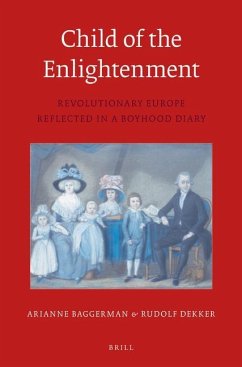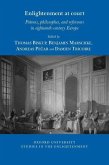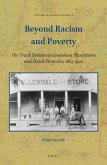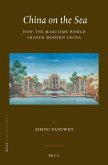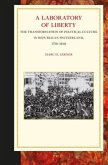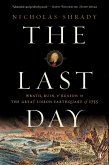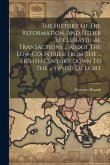A diary kept by a boy in the 1790s sheds new light on the rise of autobiographical writing in the 19th century and sketches a panoramic view of Europe in the Age of Enlightenment. The French Revolution and the Batavian Revolution in the Netherlands provide the backdrop to this study, which ranges from changing perceptions of time, space and nature to the thought of Jean-Jacques Rousseau and its influence on such far-flung fields as education, landscape gardening and politics. The book describes the high expectations people had of science and medicine, and their disappointment at the failure of these new branches of learning to cure the world of its ills.

